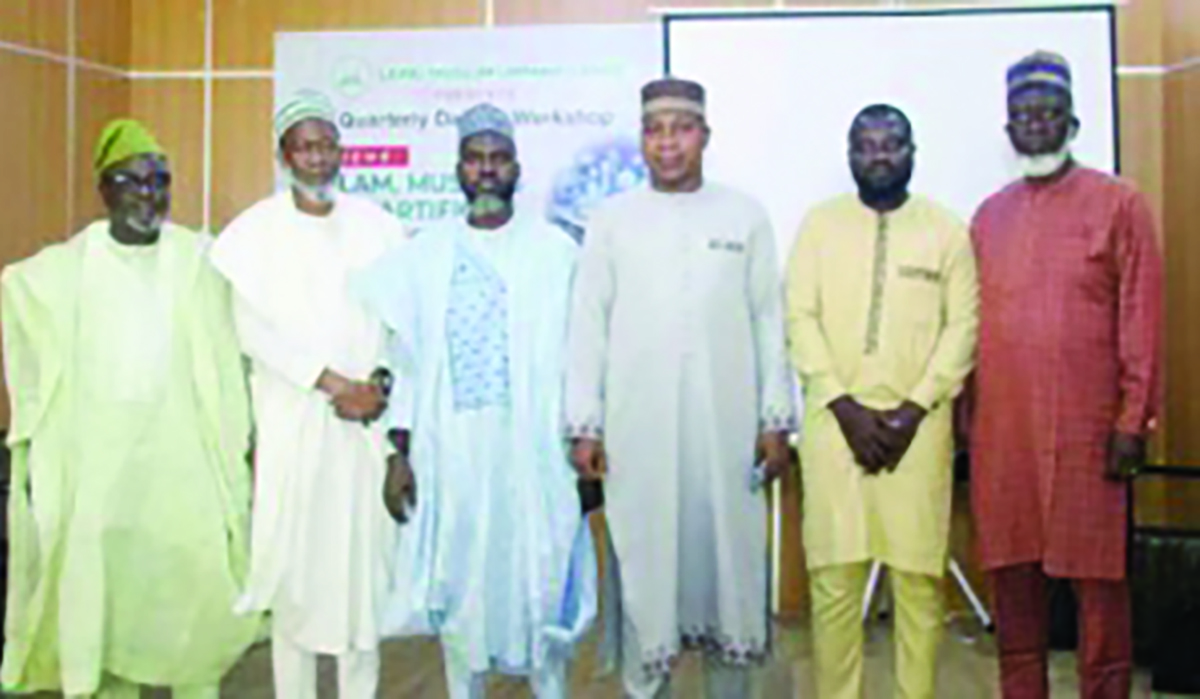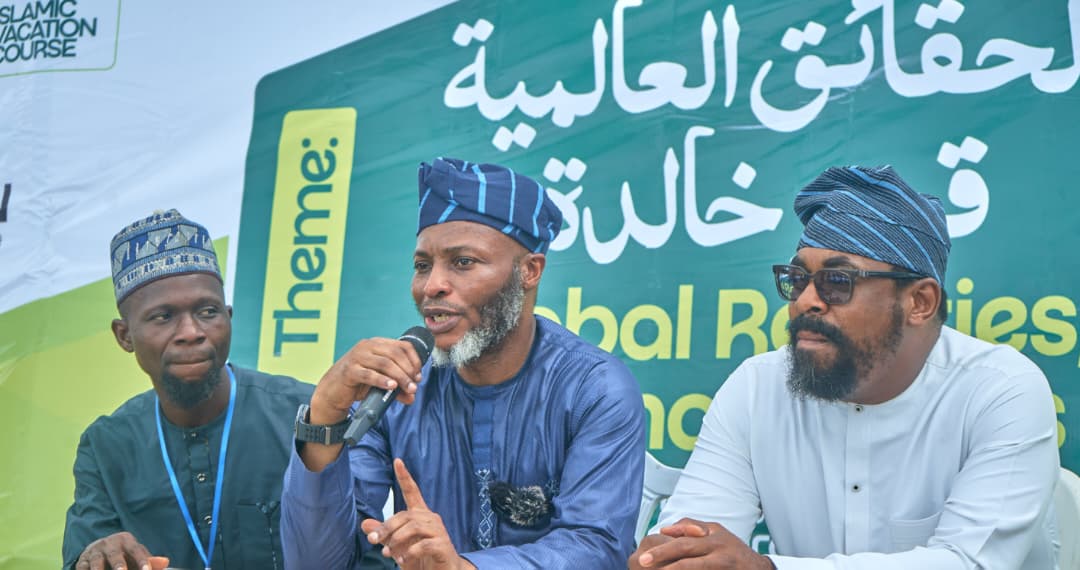A growing number of Muslims in Nigeria are recognizing the critical importance of Shariah-compliant trusts and inheritance planning to ensure their assets are distributed in accordance with Islamic principles. This burgeoning trend underscores a collective desire to safeguard wealth, preserve legacies, and provide peace of mind for loved ones.
The necessity of such planning was the central theme at the recent Quarterly Da’wah Workshop organized by the Lekki Muslim Ummah (LEMU). The event titled, “Shari’ah-Compliant Trust and Inheritance Planning: A Necessity for Muslims,” drew the participation of Islamic scholars and halal financial experts who shared invaluable insights on the significance of aligning asset distribution with religious tenets.
The Chief Imaam of Lekki Central Masjid Lagos, Sheikh Ridwan Jamiu, emphasized that a Shariah-compliant trust plan must strictly adhere to Islamic inheritance laws. “This ensures that the mandatory shares of assets are allocated to rightful heirs as stipulated in the Holy Quran. Furthermore, such plans facilitate charitable giving through wasiyyah, allowing individuals to continue their benevolent impact even after their passing.
“Shariah-compliant trusts and inheritance planning often involve the appointment of a trustee to manage and distribute assets according to authentic Islamic principles. These instruments are particularly effective for wealth protection, legacy preservation, and supporting continuous charitable impact and sadaqah jaariya (ongoing charity).”
Ridwan advised seeking guidance from authentic Islamic scholars who possess a deep understanding of Shariah to ensure assets are managed and distributed in line with Islamic values. “By taking these proactive steps, Muslims can effectively safeguard their legacy, provide for their families, and fulfill their religious obligations. Prioritizing Shariah-compliant trusts and inheritance planning not only ensures adherence to faith but also promotes family unity and preserves harmony.”
Providing a seasoned legal perspective, Mr. Lateef Omoyemi Akangbe, SAN, who chaired the occasion, underscored the superiority of trusts over traditional wills. “Let me tell you how I view trust. I tell my clients that setting up a trust is far better than distributing assets through a will,” he stated. Citing personal experience, Mr. Akangbe added, “I’ve been involved in several legal battles over wills involving some of the wealthiest Nigerians. The more money there is, the tougher the fight.”
Lead Halal Investment Advisor at AVA Trustees Ltd., Dr. Ridwan Oguntade, clarified an important aspect of Islamic estate planning: “Yes, you can include non-heirs in your will. Islam allows you to do that, giving you the power of generosity beyond the fixed shares.” He further noted that trusts can be highly personalized to include loved ones and other beneficiaries, depending on individual objectives.”
Islamic Estate Planning Advisor at UTL Trust Management Services Ltd., Adeseewo Agunbiade, shed light on the distinction between waqf (endowment) and hibah (gift), explaining that the choice hinges on purpose. “Waqf is perpetually designed to last forever while hibah is a lifetime gift,” he said, emphasizing the importance of aligning the estate plan with specific goals.






